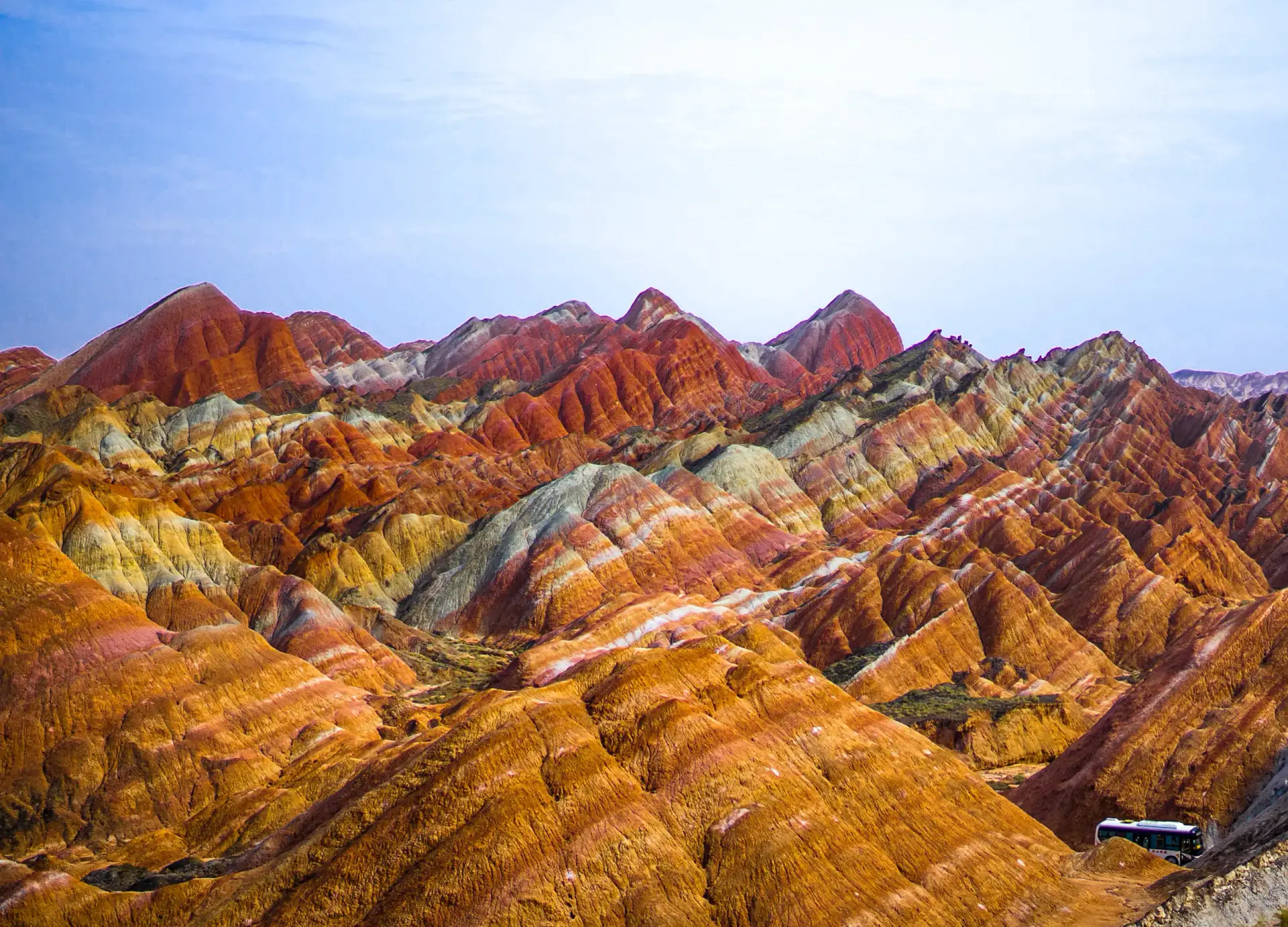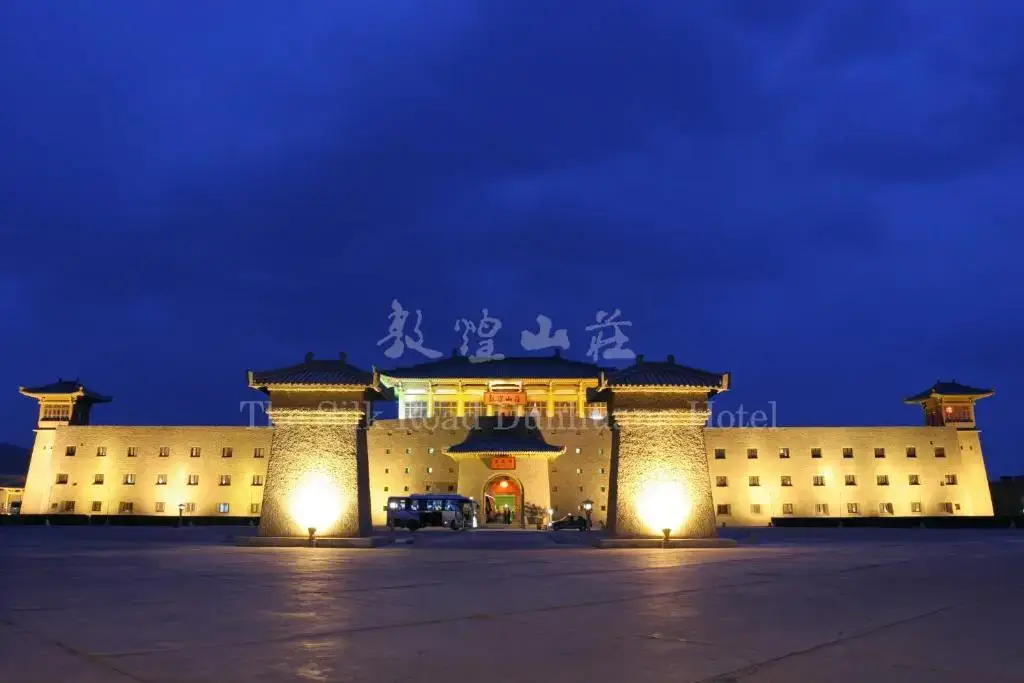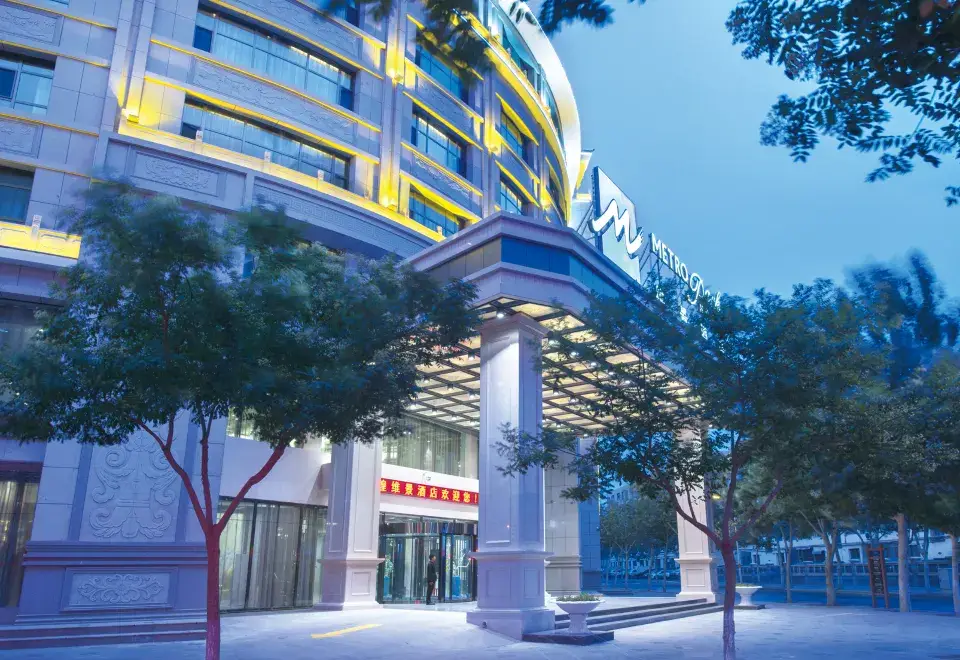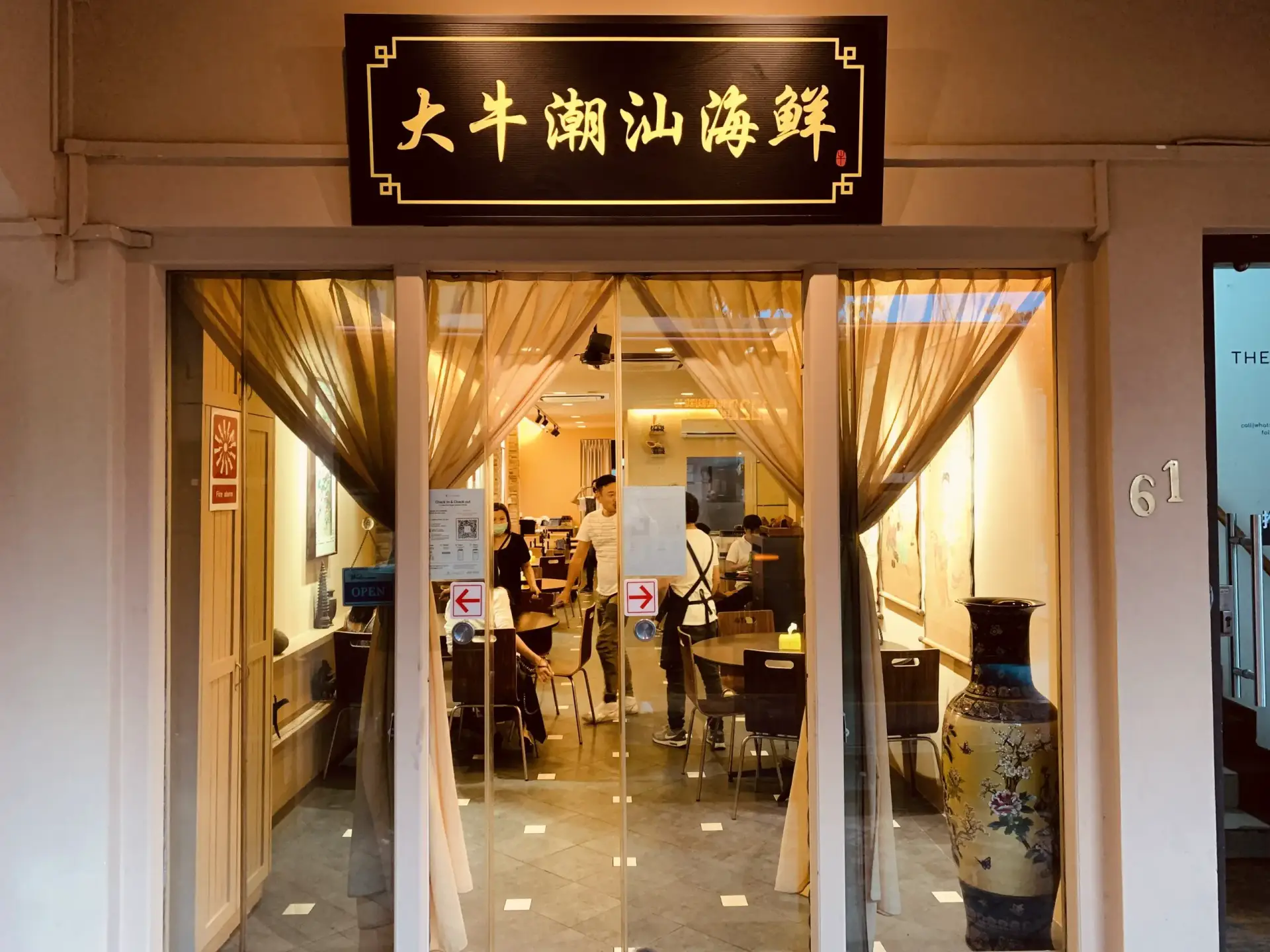Gansu
WELCOME TO Gansu
Province Overview
Lanzhou
453,700 km2
26 million
Chinese

Popular
Geography and Tourist Attractions
Information about the province's tourist attractions, including popular destinations, events, and activities.

Mogao Caves

Jiayuguan Pass

Zhangye Danxia Landform
Political
Economy and Government
Gansu province, located in northwest China, has an economy predominantly driven by agriculture, manufacturing, and natural resources. The province is known for its abundant mineral deposits, including coal, oil, natural gas, and various non-metallic minerals. Agriculture plays a significant role, with crops like wheat, corn, and potatoes being major contributors to the agricultural sector.
In recent years, Gansu has been focusing on diversifying its economy by promoting sectors such as tourism, renewable energy, and high-tech industries. The province has also implemented infrastructure development projects to improve connectivity within the region and enhance trade links.
The government of Gansu operates under the framework of the Chinese Communist Party. As with other provinces in China, Gansu has a People's Congress as the highest local legislative body, responsible for making and implementing policies. The province is led by a Governor and an executive council, who oversee the administration of various government departments and agencies.
Efforts have been made to attract investment, develop tourism, and alleviate poverty in Gansu. The government has implemented measures to improve education, healthcare, and infrastructure, aiming to raise the standard of living and promote sustainable development in the province.

History
History and Culture
Gansu province in China has a rich history and diverse cultural heritage. The region served as a crucial part of the Silk Road, facilitating trade and cultural exchange between China and the West. Gansu was a melting pot of different ethnic groups, including Han, Hui, Tibetan, and Mongolian, which has contributed to its cultural diversity.
Gansu has witnessed the rise and fall of numerous dynasties, leaving behind a wealth of historical sites and relics. The province is home to ancient Silk Road cities like Dunhuang, Jiayuguan, and Zhangye, which bear witness to the vibrant trading activities and cultural fusion during that time.
Gansu's culture is deeply rooted in traditional Chinese customs, but it also showcases unique local traditions and art forms. The province is famous for its vibrant folk music, dance, and theatrical performances. Traditional festivals like the Labrang Monlam Festival and the Zhangye Danxia Cultural Tourism Festival showcase the region's cultural vibrancy.
Gansu's history and culture are also closely tied to Buddhism. The province houses significant Buddhist sites, including the renowned Mogao Caves in Dunhuang and the Labrang Monastery in Xiahe. These sites attract visitors from around the world, offering insights into the development of Buddhism and its influence on Gansu's culture.
Preserving and promoting Gansu's history and cultural heritage is of great importance, and the government has taken measures to protect historical sites, support cultural activities, and promote tourism to showcase the province's rich historical and cultural legacy.
HOTELS

Silk Road Dunhuang Hotel

Jiayuguan Hotel

Grand Metropark Hotel Dunhuang
RESTAURANTS

Da Niu Jia Restaurant

Dunhuang Lanzhou Beef Noodles

